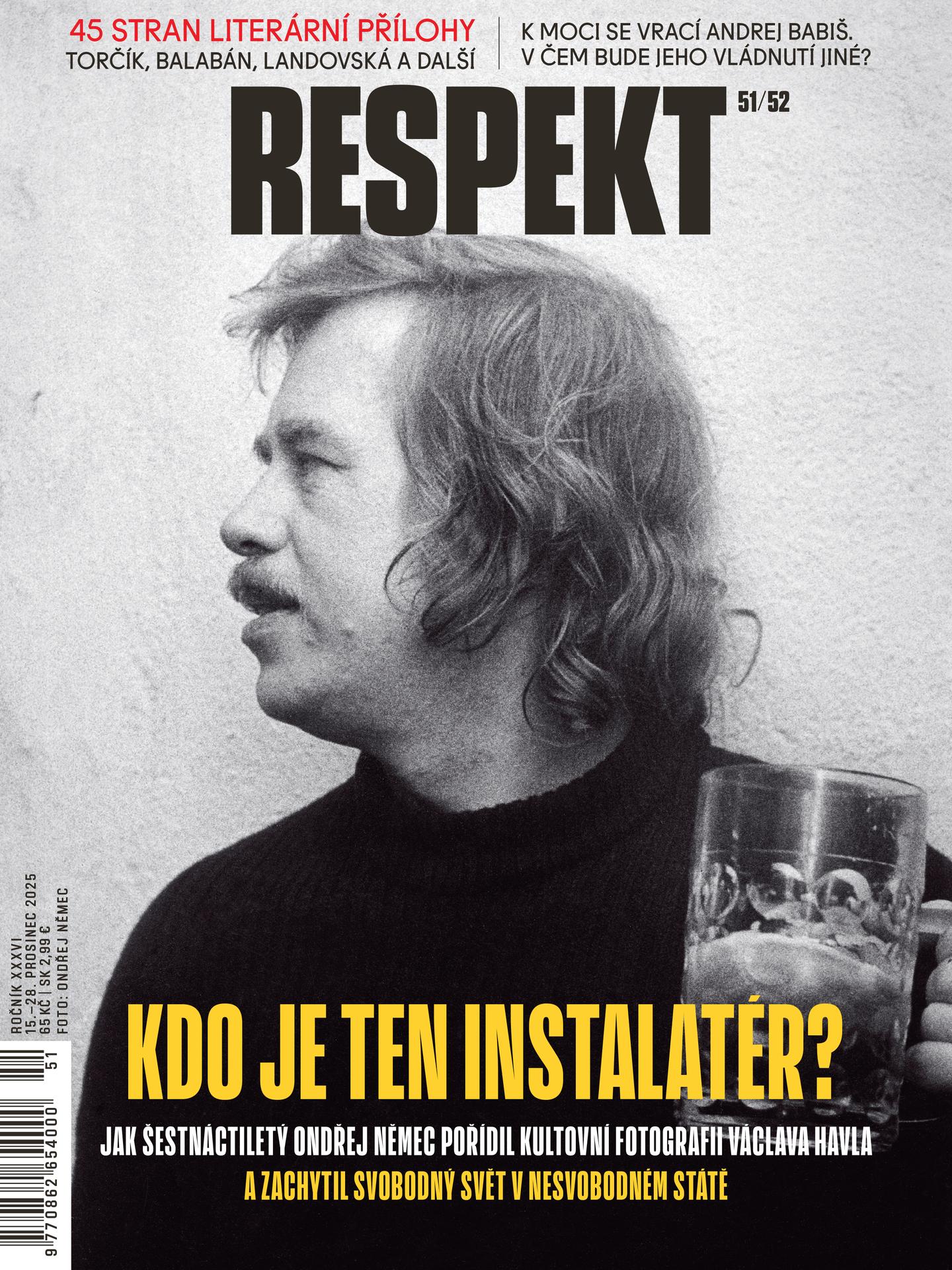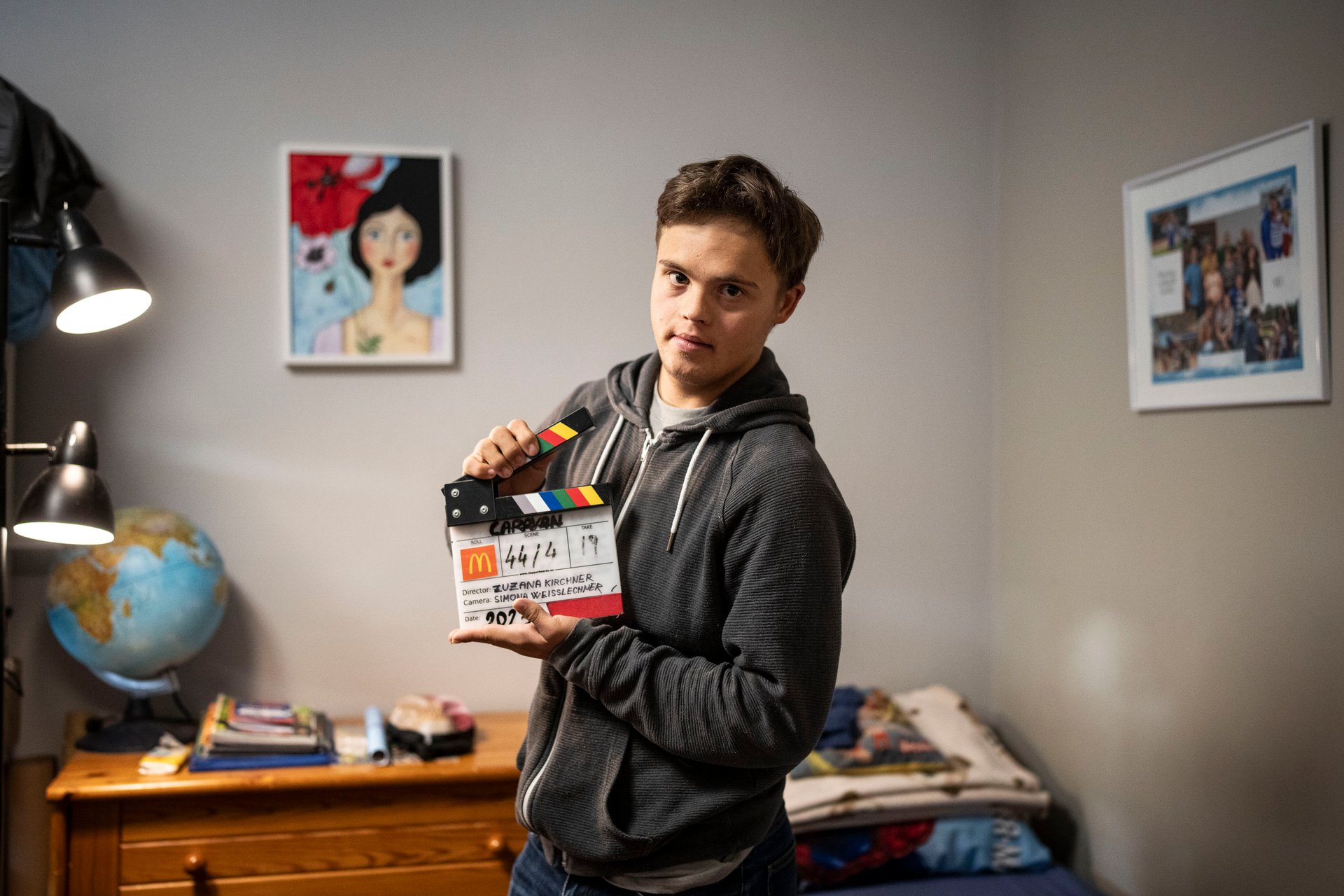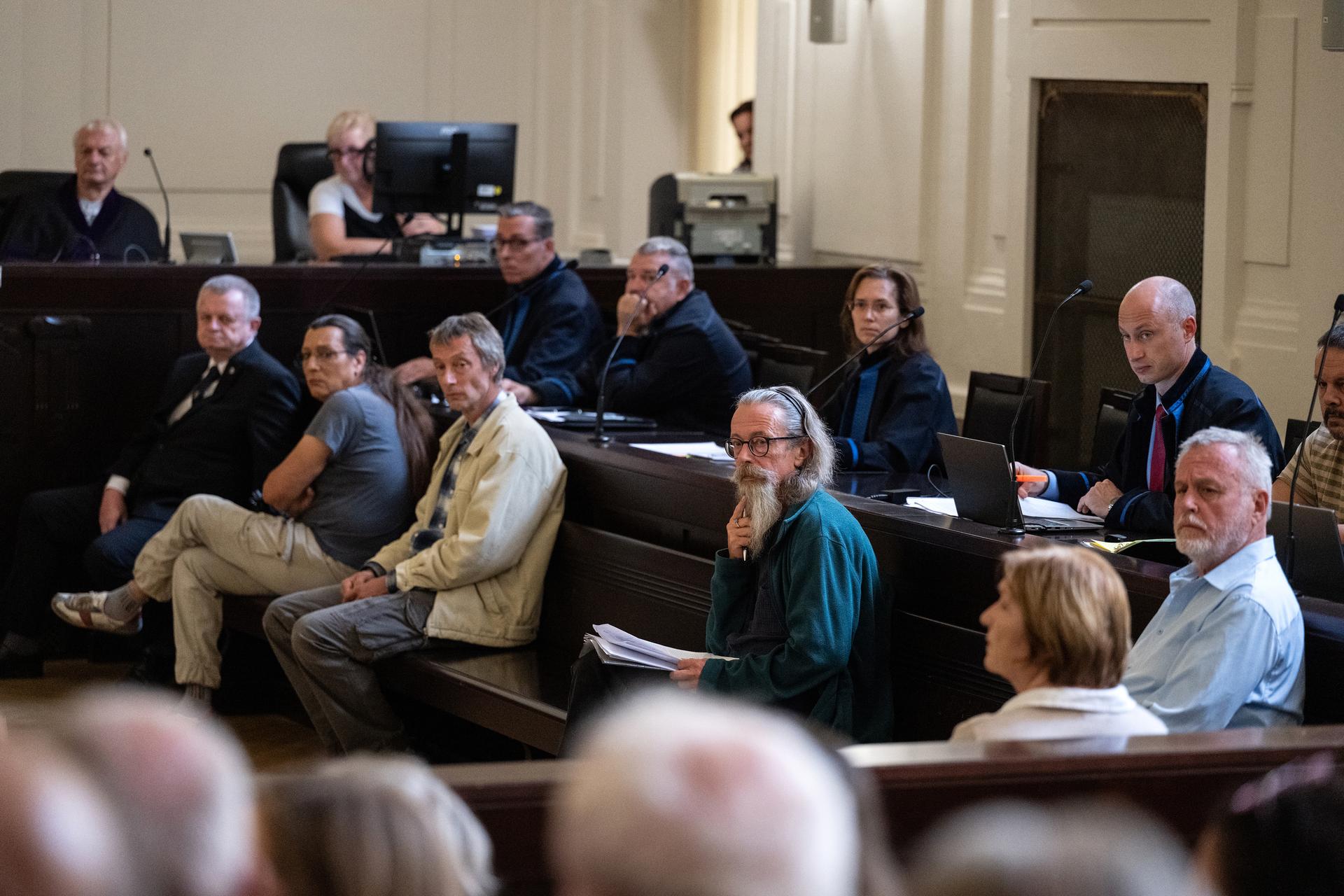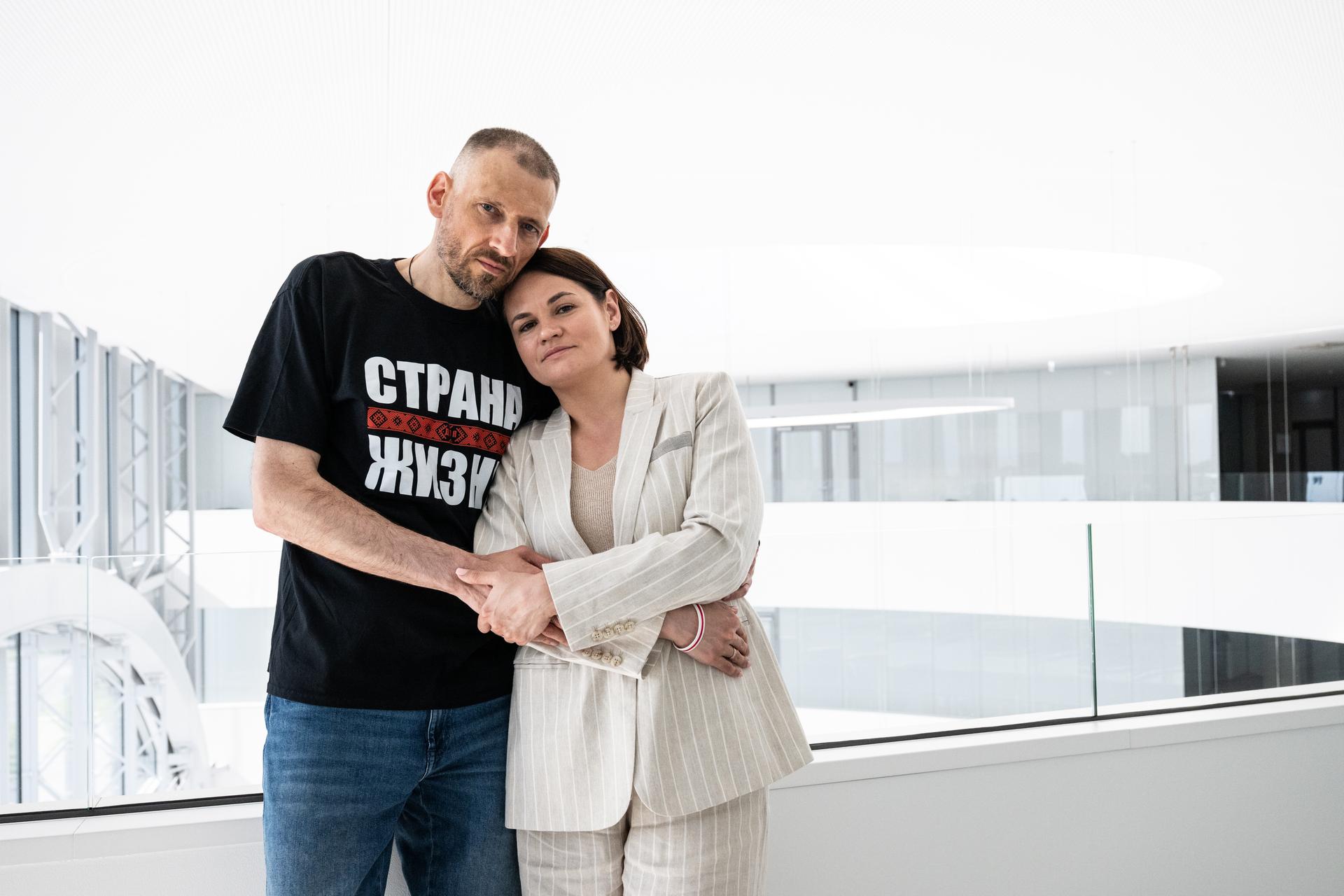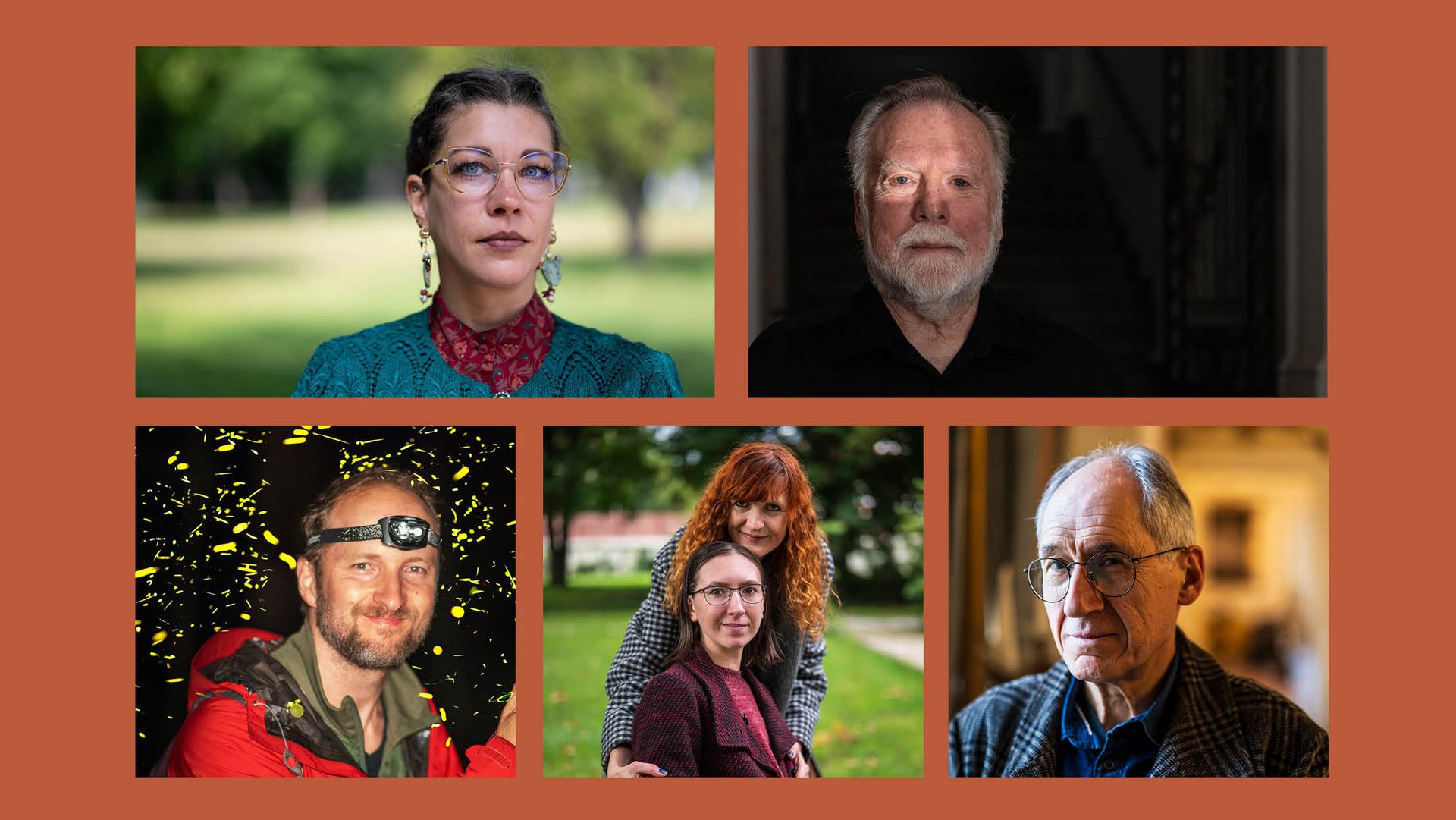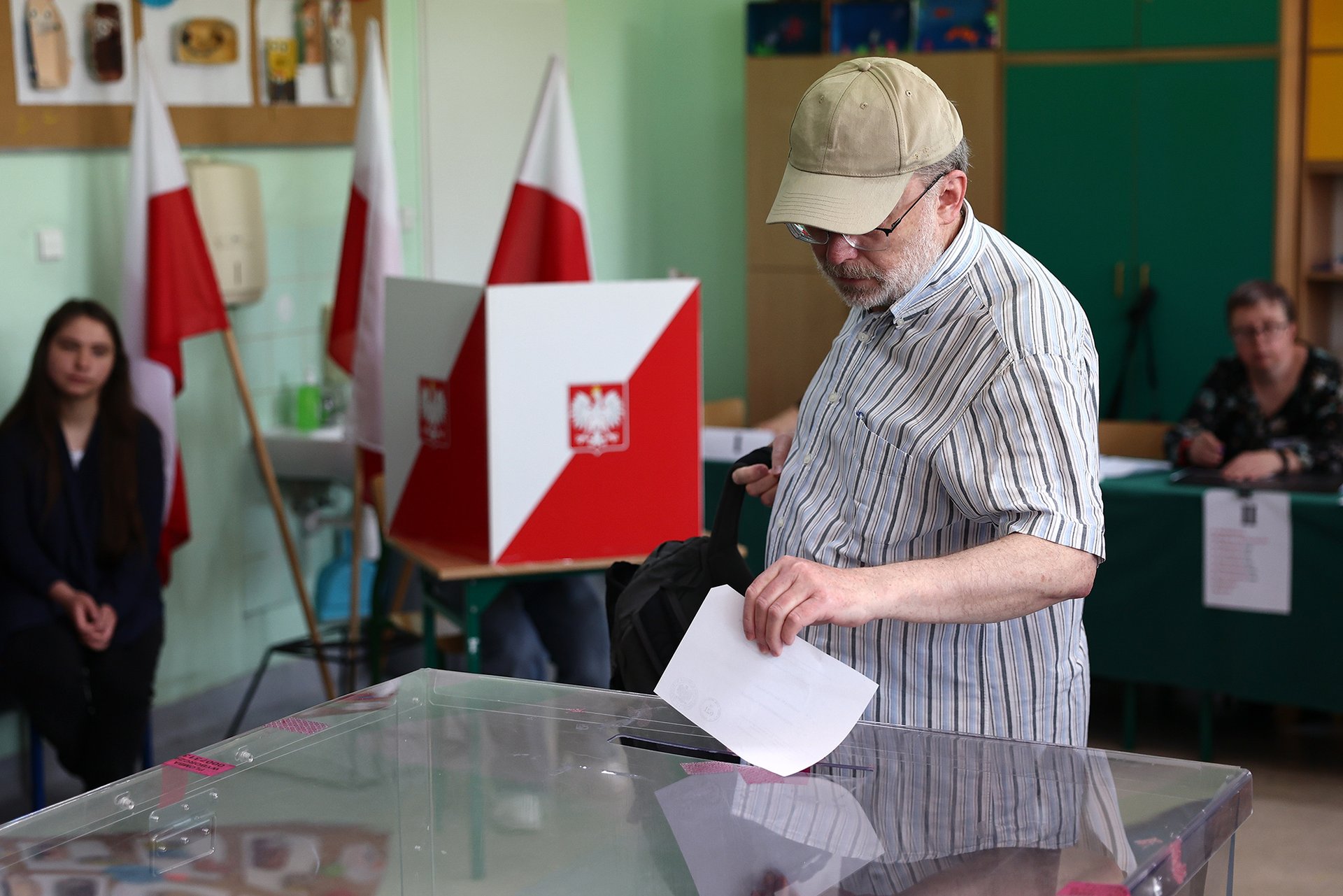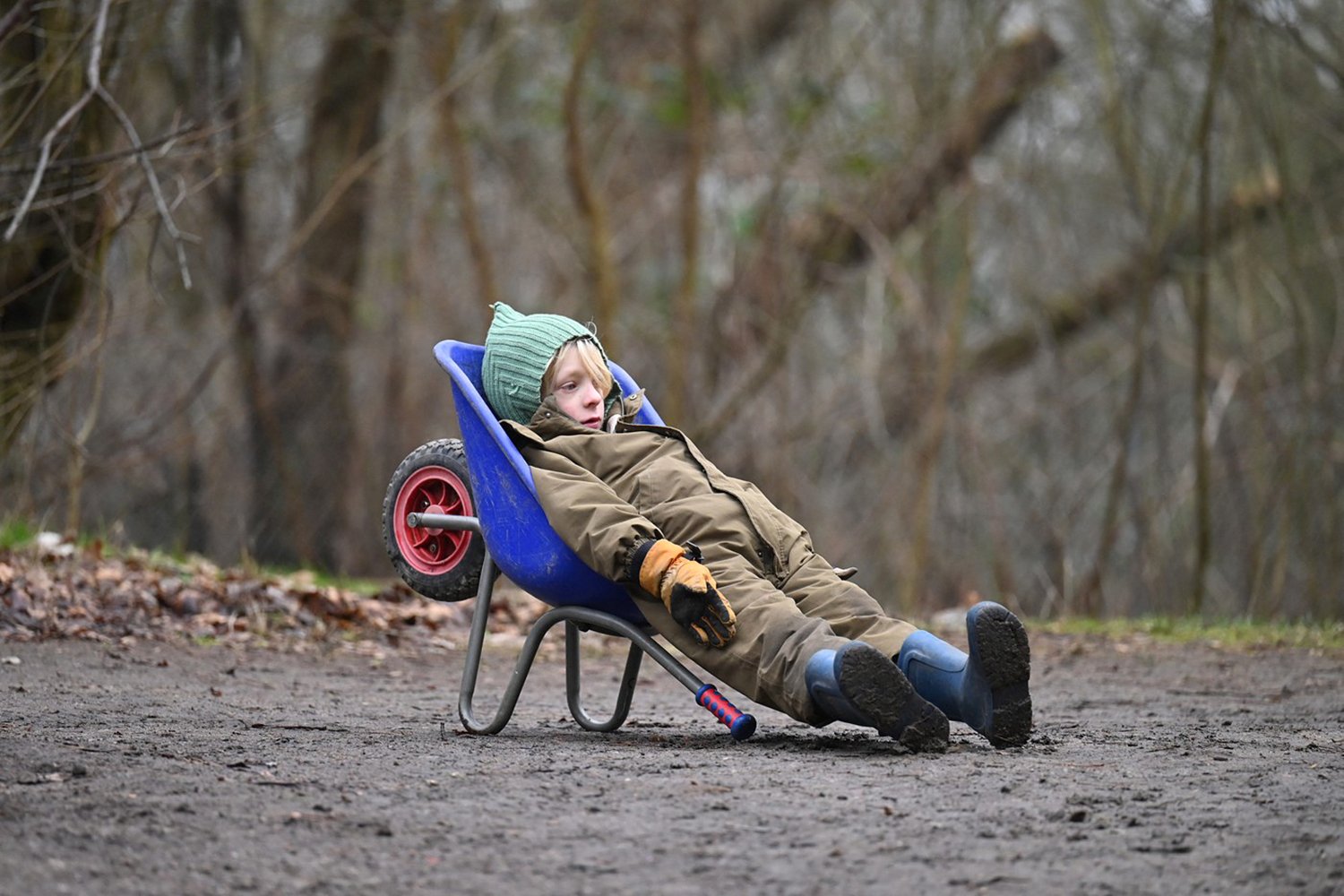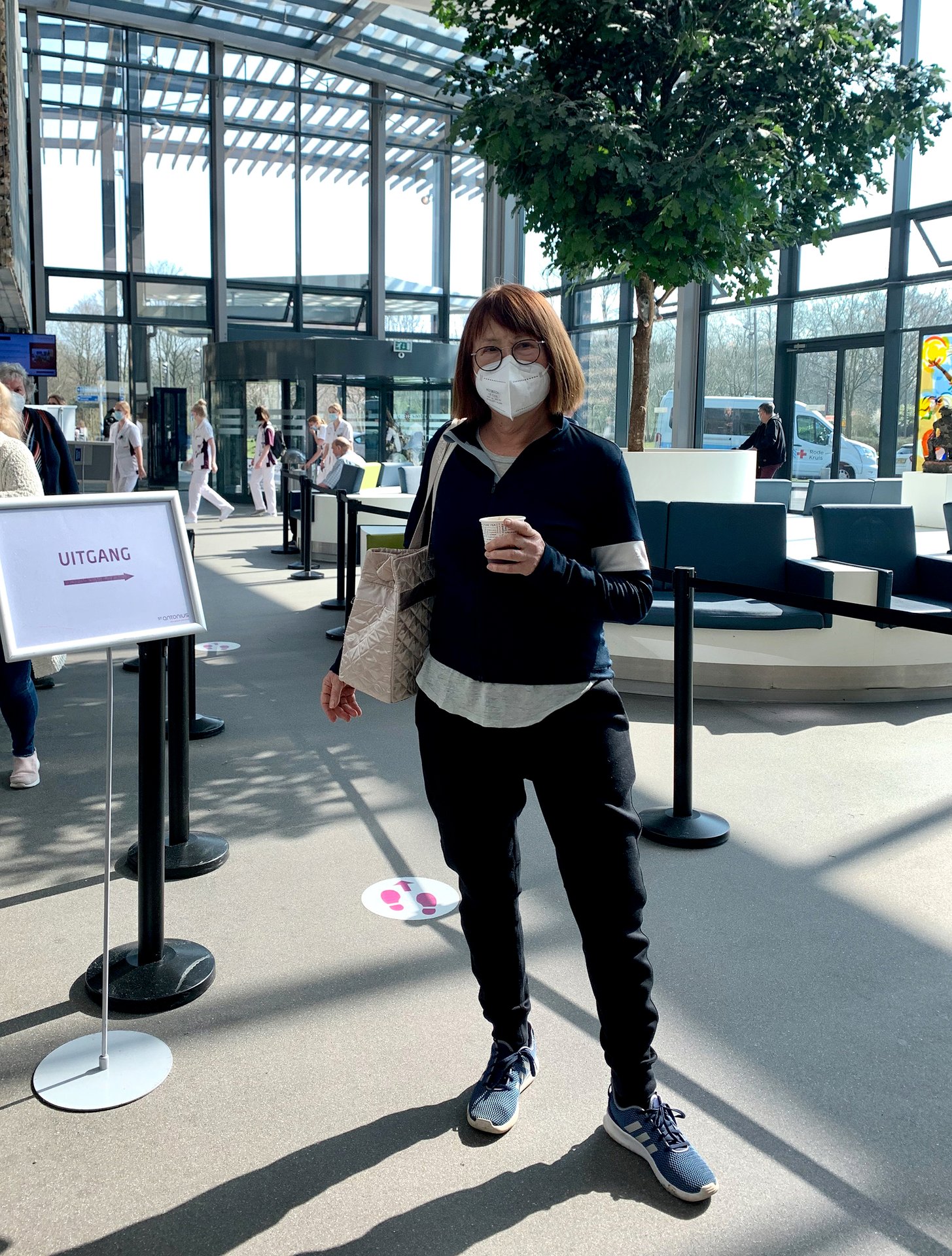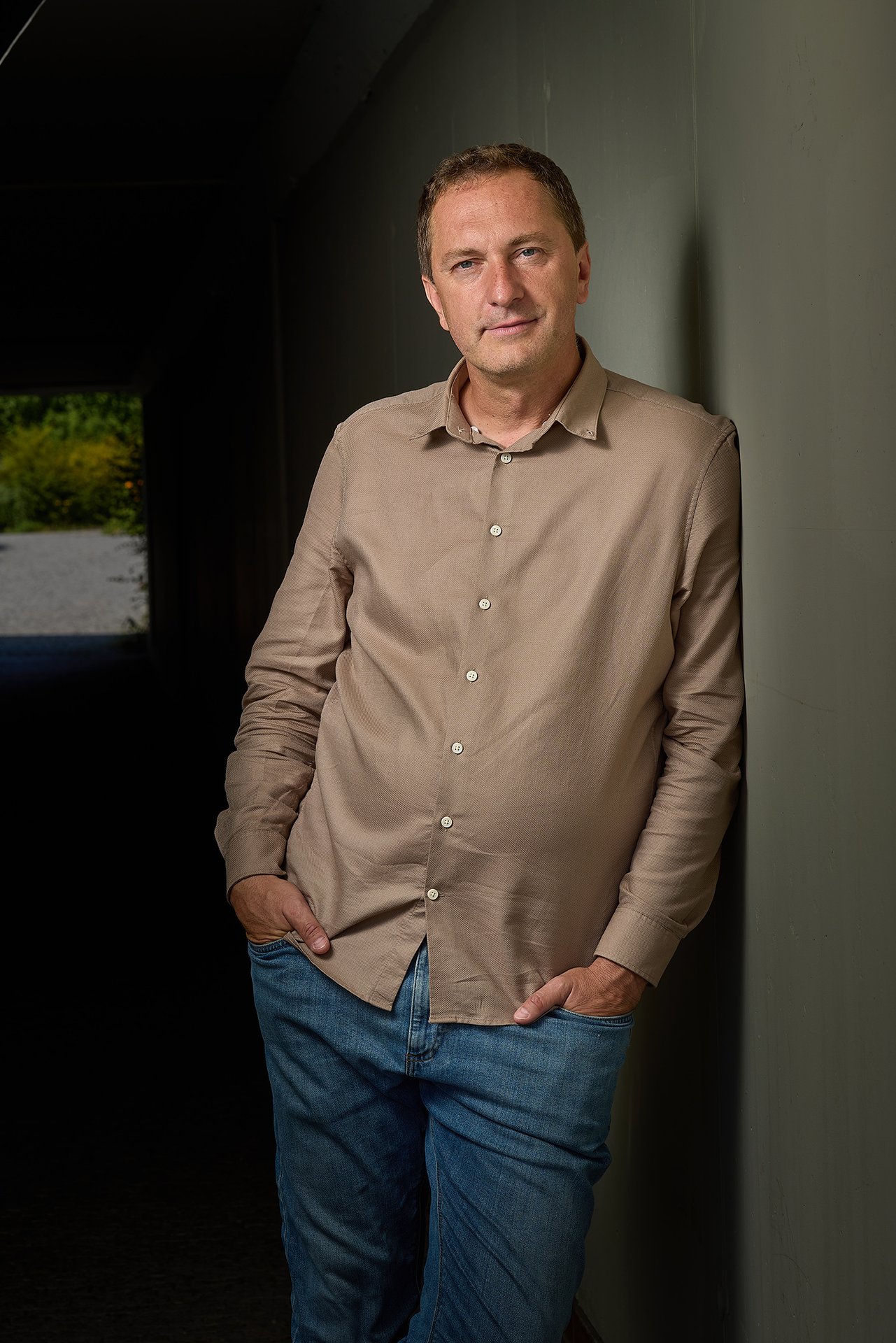Banned from sitting
A growing number of Czech towns are restricting the use of public spaces

„Finally it is all clean here,“ says Jan Slíva, mayor of the western Bohemian town of Rotava. „If someone drove through our town just two years ago, he would have thought it was only ‚non-adjustables‘ that lived here,“ he continues, employing a term commonly used for people who are long-term unemployed, dependent on social allowance and often from a Roma background.
In his mind, the word „clean“ means no one is sitting in the streets or on the spacious lawns of downtown Rotava. That's because sitting on all but three of the town's benches is banned here.


While many Czech cities are trying to beautify public spaces for their inhabitants, a small town near the city of Sokolov has taken the opposite route. Anyone who sits on a sidewalk, steps or on a blanket on the grass can be fined. Leaning against handrails is also forbidden. Nor can locals barbecue in front of their homes or bring a small inflatable swimming pool out for their kids. We aren't in a totalitarian museum: this is Rotava and its example has become an inspiration for other Czech towns.
Doing something about it
Downtown Rotava, built largely in the 1950s, is one long street lined with housing projects – the infamous Czech paneláks. Rents are cheap here, so the socially marginalized inhabitants of this impoverished region's larger cities are moving in. Some of them are Roma. Unemployed, they often kill time sitting in front of their homes. „We had a number of complaints about them,“ says Slíva. „Anyone who needed to sleep after working the night shift couldn't do so because of the noise. They also used to leave garbage everywhere and when someone wanted to go home and had to cut through the crowd, these layabouts wouldn't let him pass and would insult him. People were afraid of them and it looked horrible here.“
A brief survey of locals suggests a somewhat different situation, though. „I had no problems with people sitting outside in the streets,“ says Ludmila, an elderly woman who lives across from a panelák reputed to be one of the worst in town. „They weren't drunk. They just brought a table out in front of their house and talked and then they went back inside.“
Even the mayor confirms that alcohol wasn't a problem. Nor did Roma people commit a crime or attack anyone in Rotava. The worst recorded incident occurred when a crowd wouldn't allow an ambulance crew through and used somewhat vulgar language toward the patient's wife. Compared to conflicts in other cities in the border region, it was nothing dramatic. The mayor simply didn't like the idea of people being out in the streets. „We had to do something about it,“ he says resolutely.
A few years ago, it wouldn't have been possible for the Rotava authorities to pass this decree. The Constitutional Court wouldn't have permitted personal freedoms to be curtailed or entrepreneur's activities to be hindered in this way. In 2007, however, the court began to give local councils local councils more leeway in this area. In precedent-setting cases, municipal councils were, for example, allowed to ban „standing with a bottle of alcohol“ (Jeseník) and to regulate casinos (Chrastava) and prostitution (Cheb).
The end of barbecues in Rotava
So now there are only three benches for the 3,000 people living in downtown Rotava. Seventy-three-year-old Irena Fričová is lucky today. She found space on one of them on her way back from the shops. „Mostly they are occupied,“ says the pensioner. „I had to take a rest the other day, so I sat here on the cement sidewalk and a policeman came up to me and told that next time I would be fined.“
It is a hot August afternoon and the downtown residential homes' beautifully mown lawns are empty. „You can't do anything here,“ says Ludmila Sedlmajerová, who has lived in Rotava for 50 years. „We can't drink coffee while sitting outside, we can't lie a baby down on the grass, nothing. Before, we used to do all this all the time; today, a policeman comes.“ A man wanted to barbecue sausages in a nearby park, as was common in the past, but a police patrol wouldn't allow it.
Even a short visit to Rotava is like something from a George Orwell novel. Mayor Slíva, however, has no doubts about his decision. „I know we restrict decent people as well,“ he says „But anyone who wants to sit in front of his house can apply for a permit.“ And how many permits have they issued so far? „We decided not to issue any in the first year after the decree came into effect,“ he replies.
Violating human rights?
Finding out whether or not Rotava has violated basic human rights isn't easy. Mayor Slíva first commissioned a legal assessment and then consulted with the Interior Ministry on the text of the decree. After demanding several amendments, the ministry eventually gave the decree its blessing.
For the Rotava authorities, getting the Interior Ministry on their side was a key step because only the ministry can ask the Constitutional Court to review a decree. The other, much more complicated way would be for someone who has been fined to lodge an appeal and sue the town council. „Restrictions on certain activities are justified only when they concern a limited part of town, not the town as a whole,“ says Ivo Pospíšil, the head of the Constitutional Court's analytical department. „On top of that, the city council has to prove there is a real threat of major public disorder.“ It is worth noting that the ban in Rotava applies to 80 percent of the local population and that no problems with alcohol or criminality were reported prior to its implementation.
„Mostly, decrees cover the drinking of alcohol, prostitution, casinos, sitting on the ground or discarded chewing gum,“ says Stanislav Kadečka, an expert on administrative law at Brno's Masaryk University. „In this case I would try to find out if the decree is targeted against a certain group of people.“
Use the decree adequately
Míra, Jirka, Černej and Hrodís are evidently taken aback: „What the hell do they want? We don't hurt anybody. We aren't noisy.“
The three homeless men are in Horní Slavkov, around 35 kilometers from Rotava. They drink cheap wine, beg in front of the local supermarket and, from time to time, talk to passers-by. The city has received only one complaint about their behavior – they used vulgar language near a children's playground and the mothers didn't like it.
As a result, however, the town council has decided to enforce a decree that would ban sitting, lying and leaning against handrails, garbage cans and sitting on lawns in four zones of the town. „Of course, the police will apply this ban only adequately,“ says Martin Stark, the town council's secretary. „It is targeted mainly against two groups of people – the homeless and gypsies,“ he adds quietly.
The Horní Slavkov decree is even stricter. It bans sitting on chairs, benches and blankets throughout the entire town, because this is an „activity that could be in conflict with good manners.“ There are only two households in the whole of Horní Slavkov that like to sit outside on chairs and these are made up of Roma people. The council authorities are angry with them because they had to remove some old chairs and a sofa that were left on the sidewalk in the rain the other day. No other problems have been reported involving the Roma families and no complaints have been filed regarding their behavior. „We didn't wait for complaints, we took preventive measures,“ says Stark.
It's not clear whether or not the Horní Slavkov authorities' decree will receive Interior Ministry approval – they might need to make it a bit „softer“. The trend of restricting the use of public space has been spreading across Czech towns and it isn't yet clear how far it will go. Michal Čermák of the ombudsman's office is one of the few lawyers in the Czech Republic who believes these decrees breach the law. „The law on town administration says that the local authorities must secure good living in the town,“ he says. „If people can't meet outdoors and the police harass them, that isn't a good life.“ Stanislav Kadečka, the expert on administrative law, says citizens shouldn't wait for court rulings on such decrees: „People should be aware of the fact that it isn't the Constitutional Court that decides on the quality of their lives, it is those whom they elect.“
If you would like to see pictures of Rotava, click here.
Edited and translated by Naďa Straková
Pokud jste v článku našli chybu, napište nám prosím na [email protected].

